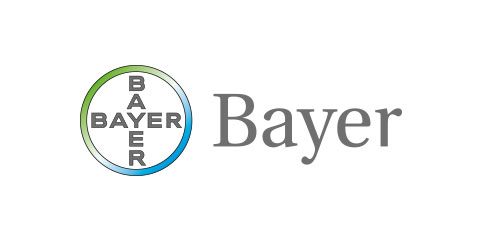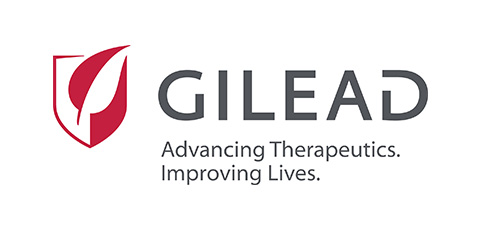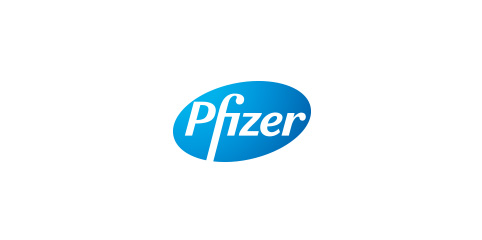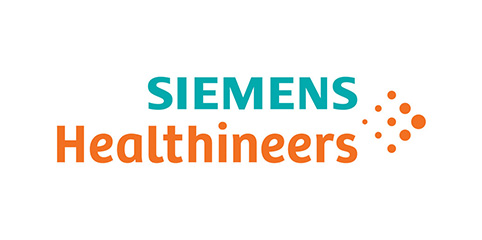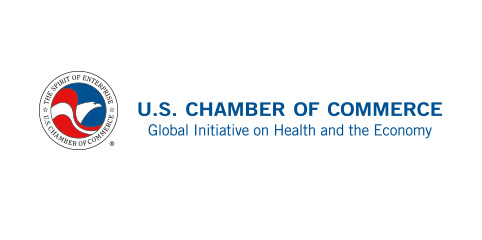Health Initiative
The health care sector is one of the largest business sectors in the G20. Its research intensity and power to innovate, its large share in employment, and its outward-orientation make the sector an important driver of economic growth.
At the same time, the global healthcare sector has never faced more challenges. Demographic change, an aging population and increasing life expectancies, together with increasing demand for healthcare products and services, place a growing burden on the health care system of many countries, stretching public and private funding systems. The increase of numerous chronic diseases (heart disease, stroke, cancer, diabetes and other chronic diseases) and the high prevalence of debilitating communicable diseases, including emerging and re-emerging diseases, as well as medical intolerances also put enormous pressure on the sector.
Due to the profound impact of global health issues on societies throughout the world, the German G20 has placed health high on its agenda. Global business is indispensable in ensuring that health systems contribute to sustainable, inclusive and future-oriented economic growth and development. In order to accompany the G20 process, the B20 has launched the B20 Health Initiative.
B20 Focal Areas
Antimicrobial Resistance (AMR): Drug resistant diseases and infections are some of the biggest health challenges the world faces today. The pharmaceutical industry in particular has the opportunity to contribute to this issue by using its expertise to devise new drugs that can treat drug-resistant infections. Antimicrobial resistance is a momentous challenge and the G20 community must act now to address it decisively.
Neglected Tropical Diseases (NTDs): The WHO estimates that NTDs affect more than a billion people annually around the world and cost lower income countries billions of dollars. However, we have the treatments required to fight some NTDs already: NTDs can be tackled most effectively if governments, non-governmental organizations (NGOs), foundations, and industry work together devise appropriate solutions. More joint efforts are required to find the right solutions against NTDs and we are encouraged that this features so prominently on the G20’s agenda this year.
Pandemic Preparedness: Pandemics are unpredictable and have the potential for disastrous effects on countries’ populations, health systems, and economies. The Ebola outbreak in West Africa and the recent outbreak of the Zika virus in the Americas made clear that the world is woefully underprepared for pandemics. The message is clear: only a global effort will enable the world to prepare for future pandemics and we call on the G20 to move this effort forward.
Digital Health: Digital health holds a wealth of opportunities for patients, governments, and industry in the face of multiple health challenges such as demographic change, aging populations and increased life expectancies. The G20 community has the opportunity to move digital health forward in a decisive way.
Global Health: Access to healthcare for patients is important to improve the health of domestic populations and to support the financial stability of G20 economies. Given the plethora of health challenges faced by health systems in the G20 countries, it is crucial that countries develop sustainable health systems to ensure long-term access to healthcare. The G20 should be decisive in taking steps to improve their healthcare systems and make their benefits accessible to more patients.
Innovation in Healthcare: Innovation in the healthcare sector is fundamental to improving a population’s health. Technological innovations such as a drugs, vaccines and diagnostics can change how we cope with diseases. The B20 community calls for the G20 to recognize the significance of innovation in healthcare.

